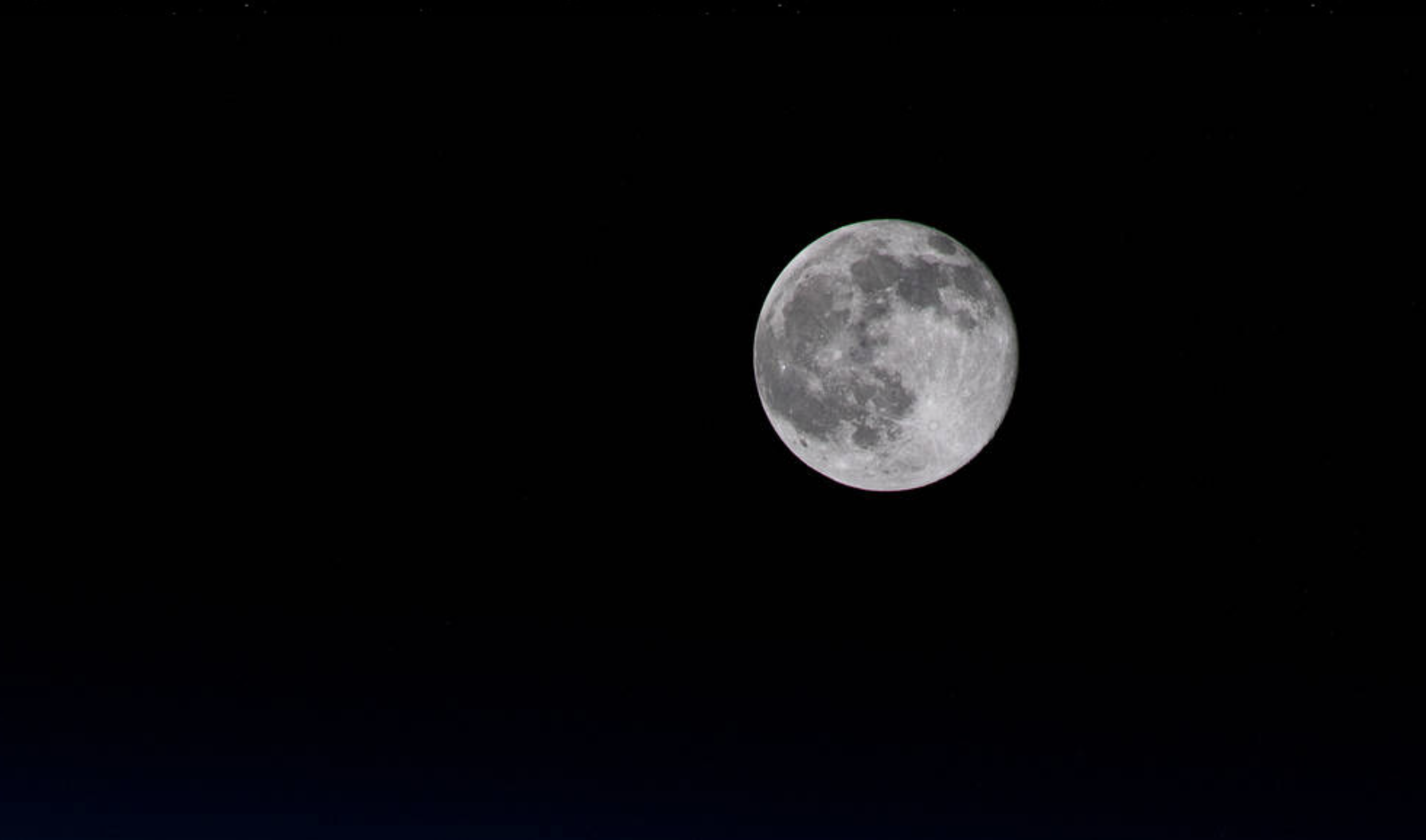As NASA pushes forward to get humans back on the moon, questions have emerged on what this means for the Space Force and what role it might play in lunar activities.
If successful, NASA’s return to the moon will lead to a permanent presence there and lay the groundwork for scientific research and commercial development.
Like a Coast Guard for space, a military force conceivably would be needed to protect lines of commerce in the lunar economy. A 2020 memo signed by NASA and the Space Force noted that a military presence near the moon would help ensure civilians can operate safely.
The main job of the Space Force today is to defend the nation’s satellites in Earth’s orbit. But some early efforts are underway to prepare for operations in the lunar environment. An experiment planned by the Air Force Research Laboratory (AFRL) dubbed the Cislunar Highway Patrol System (CHPS) will investigate technologies to monitor the region of space between Earth and the moon.
The 1967 Outer Space Treaty prohibits the installation of military bases and weapons on the moon but does allow scientific pursuits.
If the Space Force is tasked to protect cislunar space, it will need to overcome significant technological challenges. The military’s space sensors were designed to operate in Earth-centric reference orbits where objects follow a repeating pattern. Trajectories are not as predictable in cislunar space, and the distances are enormous.
Beyond surveillance and tracking of objects, it’s not clear what else the Space Force might do in cislunar space. Chief of Space Operations Gen. John “Jay” Raymond noted that control of the high ground is essential in military strategy, and the moon will become “key terrain.”
“As nations move out, and as the economy grows between here and the lunar surface, I think it’s an area that will be significant,” Raymond said March 9 at the McAleese Defense Programs Conference.
There are no plans today to send guardians to the moon unless they get selected for NASA’s astronaut corps, “but as things progress in space, I do see that there may be a role for guardians that will be in space,” Raymond said without elaborating.
The civilian leader of the Space Force, Air Force Secretary Frank Kendall, said at the McAleese conference that going to the moon is not currently on the list of national security priorities. “I don’t see a lot of interest from a defense perspective,” he said, noting that the United States today faces big space security challenges within Earth’s orbits.
Congress might have other ideas. In the recently enacted defense budget for 2022, lawmakers inserted funds for two cislunar space programs: $61 million for AFRL’s experiment and $70 million for a thermal nuclear propulsion demonstration the Defense Advanced Research Projects Agency wants to launch to the cislunar region.
China’s push to challenge the United States in space also will shape national priorities, including those related to cislunar space.
The militarization of space is the new reality that the nation has to deal with, said U.S. diplomat Eric Desautels, who is participating in United Nations-led talks on space security. Not only are there more countries with space capabilities, but space technologies increasingly are of dual-use nature, so they can easily be weaponized.
If China does contest the United States in cislunar space and the U.S. expands its lunar presence, there will have to be some sort of verification system to ensure compliance with the Outer Space Treaty, said Desautels.
“I’ve talked to my NASA colleagues about volunteering to be the first diplomat to go do those inspections,” he said, tongue in cheek.
In all seriousness, he added, “those facilities have to be open to inspection. And that, of course, applies to the Department of Defense. Any activities the Department of Defense decides to do on the moon will have to be open to inspection.”
Sandra Erwin covers military space for SpaceNews. She is a veteran national security journalist and former editor of National Defense magazine.
“On National Security” appears in every issue of SpaceNews magazine. This column ran in the April 2022 issue.

